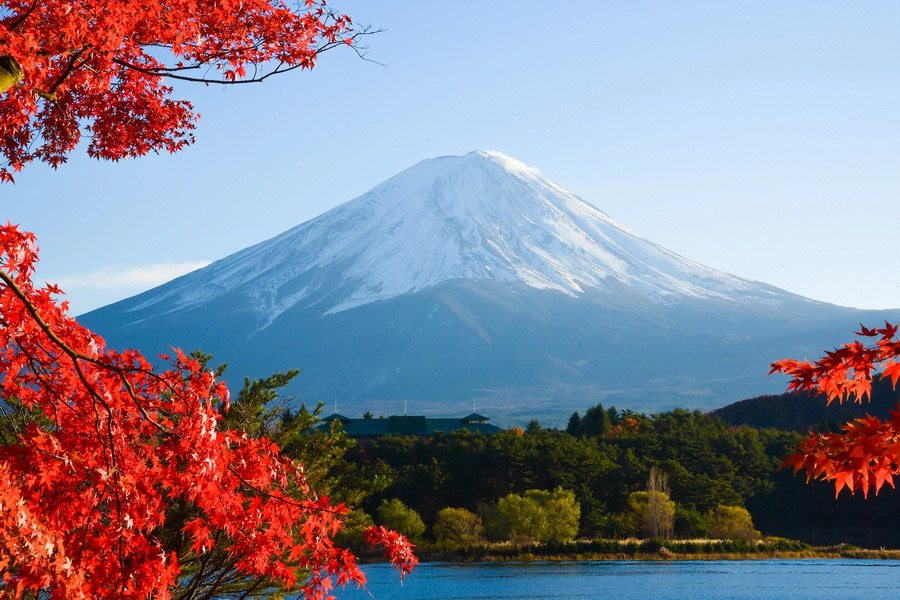Mountain Day

Mountain Day (山の日, Yama no Hi) is Japan's newest holiday, celebrated annually on 11 August since 2016 to honour the country's mountainous regions.
Mountains cover nearly 80% of Japan's land area, shaping the climate and providing places for rest and relaxation. In recognition of their importance, the Japanese authorities designated 11 August as Mountain Day in 2014. The choice of date may be related to the character for the number 8 (八), which visually resembles a mountain peak.
The idea for the holiday came from Seishirō Etō, a Liberal Democratic Party politician, and the Japanese Alpine Club. They envisioned it as a way for people to connect with nature, spend time outdoors and promote environmental awareness.
Mountains also have a deep religious significance in Japan. In Shintoism and Buddhism, they are regarded as sacred places where the gods dwell. The Three Sacred Mountains – Fuji (富士山), Tate (立山) and Haku (白山) - are believed to possess divine power, and nearby temples and shrines honour mountain deities. For many, climbing these mountains is like a pilgrimage.
As Mountain Day is still new, there are no formal traditions associated with it. However, various events promote environmental protection, including volunteer projects to clean up green areas. Many Japanese celebrate by hiking with friends and family, visiting national parks, or relaxing in onsen (hot springs) with views of mountain ranges.
Popular hiking spots include Mount Fuji in Yamanashi Prefecture, which attracts many visitors, and Mount Takao in western Tokyo, known for its accessibility and many trails. The climb to the summit of Mount Takao (高尾山) takes about 90 minutes. Other nearby peaks include Mount Mitake (御岳山), Mount Mito (三頭山), Mount Tsukuba (筑波山) and Mount Mitsutoge (三ツ峠).

